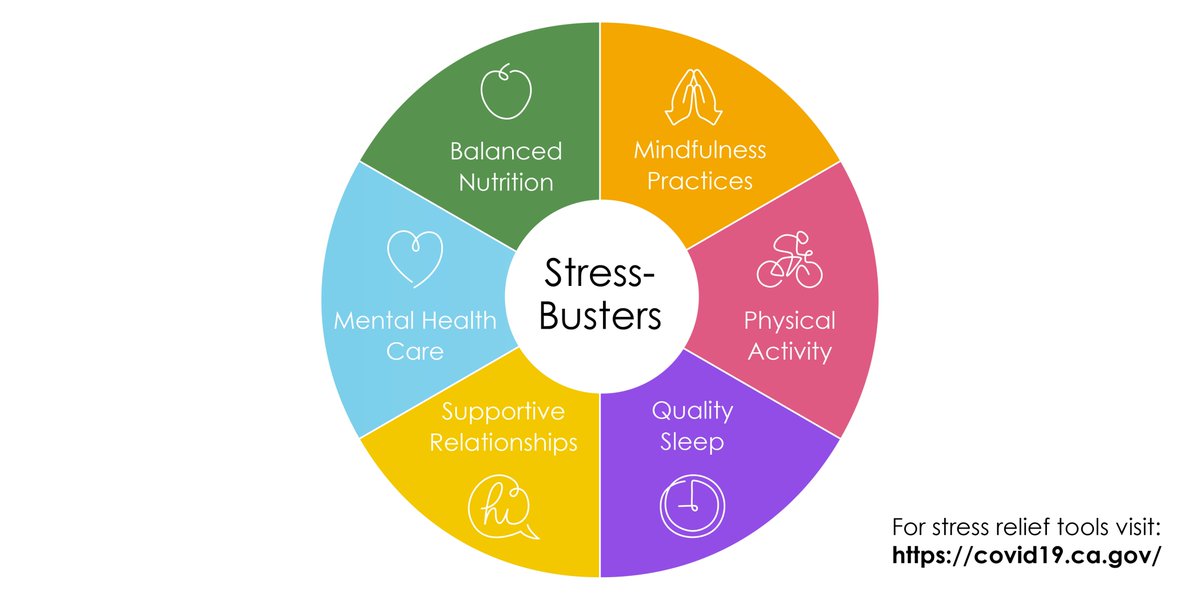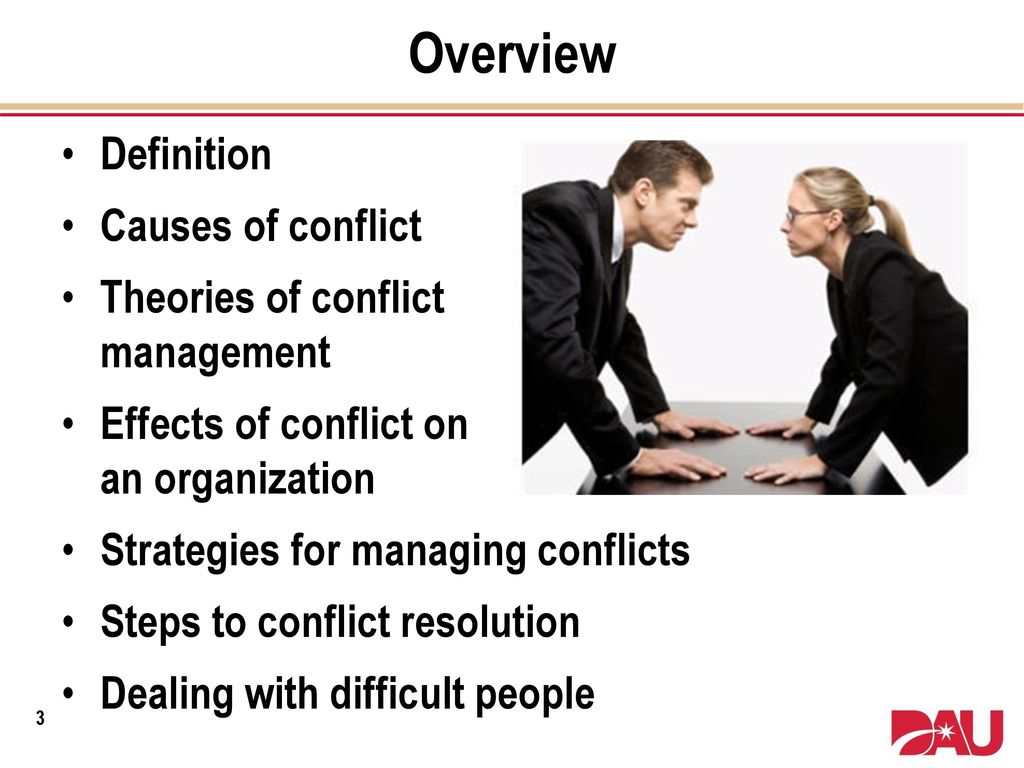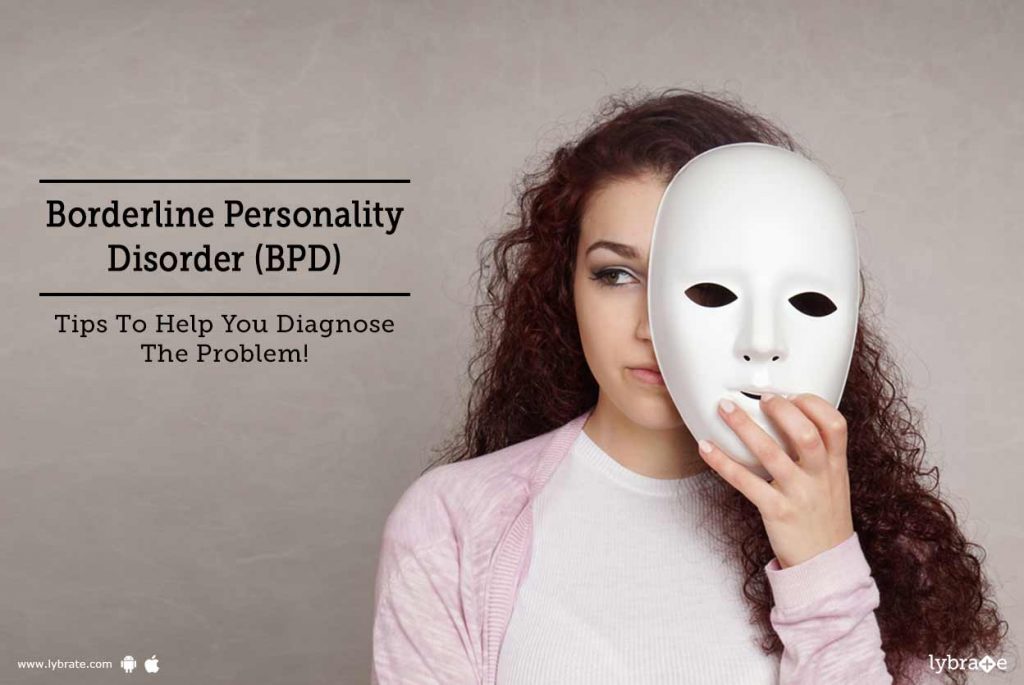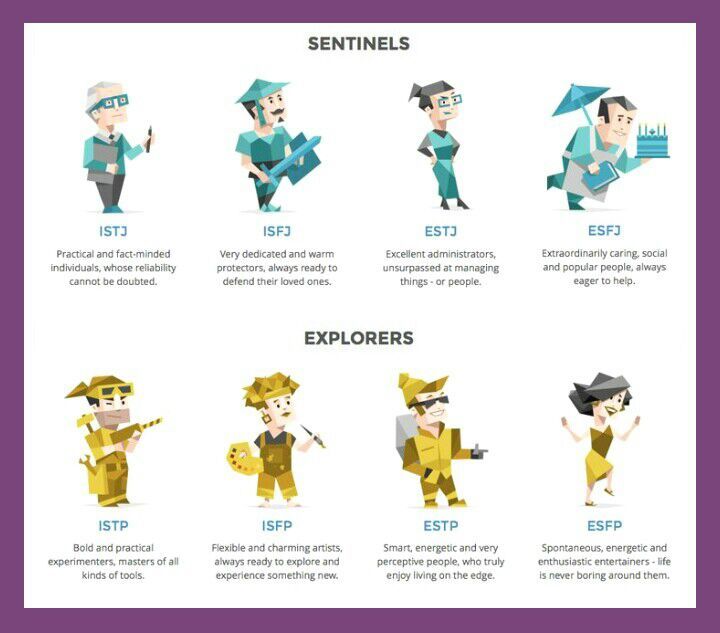Is it bad to be introverted
Is It OK to Be an Introvert?
Yes, It’s OK to Be an Introvert
Are you more of the quiet type? Are you wondering what that means — and whether it’s OK to be an introvert? You’re not alone. Our society still favors extroverts, and many “quiet types” get the message that it’s not OK to be an introvert — but that doesn’t make it true. And those perspectives are changing.
Yes, being an introvert is OK. It’s a natural part of who you are, it comes with a lot of advantages and, yes, sometimes you’ll get tired if you’re around people too long. But introverts can be fun, interesting, social, and even outgoing when they want to be.
They can also be profound thinkers a beloved part of any group.
It’s OK to be an introvert, and it’s something you can be proud of.
Being an Introvert is Normal
Many people grow up with misconceptions about what it means to be an introvert. The truth is pretty simple:
- Being an introvert is normal and healthy.
30 to 50 percent of the population is introverted. - Being an introvert does not mean you’re shy or have social anxiety.
Some introverts do, others don’t. And it’s possible to overcome them. - Being an introvert can be your biggest strength.
It allows you to focus, think deeply, and — in many cases — achieve things that no one else can.
Are you an introvert? Take the introvert test and find out.
7 Reasons It’s OK to Be an Introvert
1. You were born that way
It’s true. Introversion is genetic, and infants will show signs of being an introvert within a few months of birth. Introversion is considered a normal, healthy temperament — it’s something you can be proud of.
2. Some of the greatest people in history were introverts.
Because introverts focus and think carefully about how to do things, they’re often more than just OK — they’re high achievers. And that shows in how many successful and famous introverts we’ve had throughout history.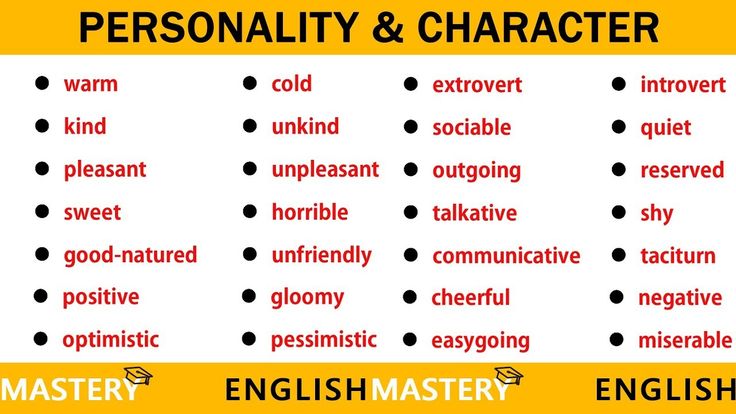
Examples of famous introverts include pop icon Lorde; actors Audrey Hepburn, Meg Ryan, Clint Eastwood and Harrison Ford; Harry Potter author J.K. Rowling and children’s author Dr. Seuss; comedian Steve Martin; Civil Rights heroine Rosa Parks; former Presidents Abraham Lincoln and Barack Obama; classical composer Frederic Chopin; former First Lady Eleanor Roosevelt; genius physicist Albert Einstein, visionary entrepreneur Elon Musk, and billionaire investor Warren Buffet; and, according to many accounts, even Mahatma Gandhi.
But that barely scratches the surface. You could easily count the majority of the world’s authors, artists, and musicians as introverts — and many say so openly.
3. Introverts tend to be creative, deep thinkers.
This goes hand in hand with why so many introverts get ahead — both in the creative fields and out of them. Introverts tend to think on a deep level, producing clever solutions and new ideas that others can’t match.
This creativity pays off whether you consider yourself an artist or not.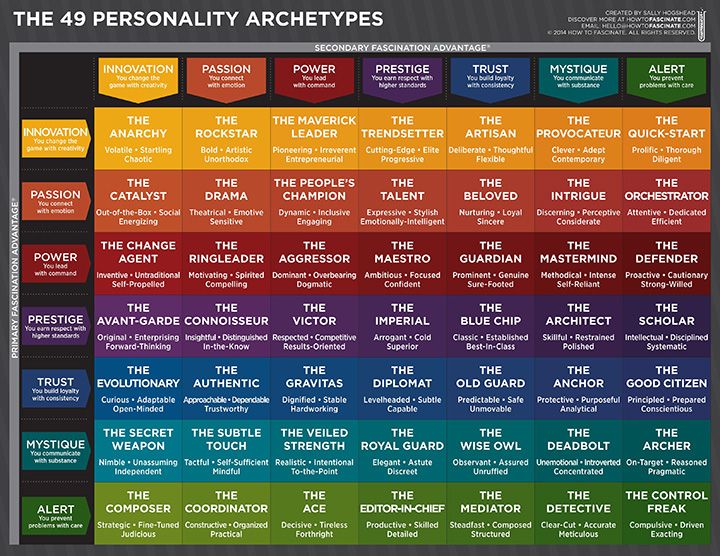 In any career, problem-solvers and creative thinkers tend to get ahead, and can even transform the way a company or industry works. Yeah, thats sounds pretty OK.
In any career, problem-solvers and creative thinkers tend to get ahead, and can even transform the way a company or industry works. Yeah, thats sounds pretty OK.
4. You form deeper relationships.
Extroverts tend to strike up a friendship with almost everyone they meet. It’s easy to envy that — but many of those relationships aren’t actually that deep. In fact, extroverts tend to have wide networks of hundreds of people they barely know, while introverts tend to have much closer relationships with a smaller number of people.
That can be advantageous. When you form close, lasting relationships, you tend to be surrounded by people you can truly count on. And, since you take the time to get to know those people on a deep level, you will be capable of truly profound, mutually enriching conversations — not just small talk.
The result is that introverts tend to have mentors, creative collaborators, and vital moral support when they need it most. That’s a lot better than just having bar buddies.
5. You are privy to a rich inner world.
Not every introvert would consider themselves to have an “imagination” in the traditional sense. But all introverts have the power to go deep into an inner world of ideas. For some, that might mean mapping out an entire dream world for their next painting. For others, it may mean envisioning and planning every step of a project.
Either way, it gives introverts the power to envision things without trying them in the real world, and to draw on that vision to do big things.
(Plus, it’s just relaxing. I mean, the joy of reading, daydreaming, pondering — is that the number one thing that makes being an introvert OK?)
6. You have a quiet power that commands respect.
If you’re younger you might not have experienced this yet, but it’s coming.
Everyone thinks of leaders as loud, brash, aggressive types. And yeah, there are leaders like that. But even they stop and listen when the wise, quiet person in the corner speaks up and drops a truth bomb.
Introverts have been rocking quiet power since the age of the legend of Merlin — if not earlier.
7. It’s never been a better time to be an introvert.
For many years, it’s true what it wasn’t considered OK to be an introvert. Introverts were misunderstood, overlooked, or told there was something wrong with them (hint: there isn’t). But that has changed.
Today, more people understand what it feels like to be an introvert than ever before. If you tell someone you’re an introvert, chances are they’ll know what you mean — and they’ll probably be fine with it. In fact, people will even be understanding if you need to leave an event early or take some quiet time for yourself. They’re OK with you being an introvert.
And, when you mention that you’re an introvert, a funny things happens: you find out you’re not alone. More than a third of the people around you are introverts, and many will be happy to know you’re one too.
Yeah, maybe it’s OK to be an introvert after all.
Being an Introvert Is More Than OK — It’s a Strength
The truth is, it’s more than just OK to be an introvert. When you learn to understand your personality, and you make it a priority to get the quiet time you need, it becomes a source of strength. You can draw on your introversion to be thoughtful, observant, a good listener, a creative thinker, and a beloved friend.
Being an introvert is an advantage. We hope that’s OK with you.
Related Resources:
- What It Feels Like to Be an Introvert
- 4 Reasons Introverts Make Awesome Employees
- Don’t Underestimate Me Just Because I’m Not Dominating the Conversation
The Surprising Benefits of Being an Introvert
There are a lot of misconceptions about introverts — like that they’re antisocial, unfriendly, shy or lonely. But in many cases, being an introvert can actually be an asset.
Introverts are people who get their energy from spending time alone, according to Dr. Jennifer Kahnweiler, author of The Introverted Leader: Building on Your Quiet Strength. “It’s kind of like a battery they recharge,” she says. “And then they can go out into the world and connect really beautifully with people.”
“It’s kind of like a battery they recharge,” she says. “And then they can go out into the world and connect really beautifully with people.”
A 2008 study published in the Journal of Motor Behavior found that introverts take a longer time to process information than extroverts. Kahnweiler says this is actually because they process more thoughtfully than extroverts do — they take extra time to understand ideas before moving on to new ones.
While we’re all often flooded with messages that we need to speak up and stand out in order to be successful, introverts can actually achieve even more if they hone their natural strengths, says Beth Buelow, author of The Introvert Entrepreneur: Amplify Your Strengths and Create Success on Your Own Terms.
“It’s not about becoming a fake extrovert,” Buelow says. “It’s really about acknowledging the valuable traits that introverts bring.”
Here are some of the benefits of being an introvert:
They’re good listenersIntroverts are naturally adept when it comes to actively listening, according to Buelow, who identifies as an introvert herself.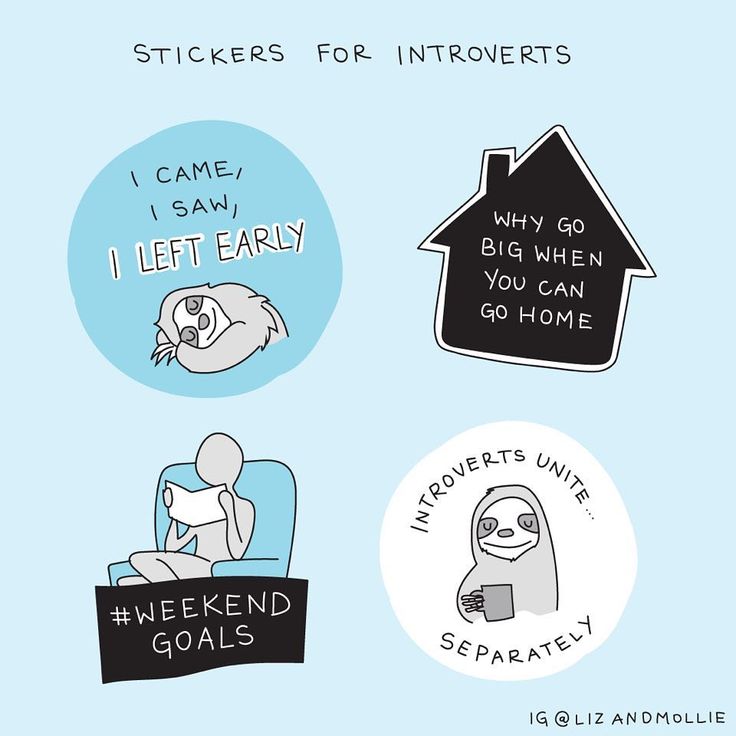 “We tend to be the friend or colleague you can call on when you’re upset or you have good news to share,” she says. “We’re going to be able to listen and be with you in that, without turning it around and making it about us.”
“We tend to be the friend or colleague you can call on when you’re upset or you have good news to share,” she says. “We’re going to be able to listen and be with you in that, without turning it around and making it about us.”
Extroverted people are more inclined to jump into a conversation before fully processing what the other person has said. Not because they’re selfish or don’t care, but because they process information interactively, says Dr. Laurie Helgoe, author of Introvert Power: Why Your Hidden Life is Your Hidden Strength.
Conversely, introverts process information internally, Helgoe says. That skill allows them to hear, understand and provide carefully considered insight when they do respond.
They think before they speakBecause introverts typically feel less comfortable speaking than they do listening, they choose their words wisely, according to Buelow. “We only speak when we have something to say, so there is a higher chance that we will have an impact with our words,” she says.
That being said, introverts may take a little too long to formulate their thoughts before sharing them — especially in fast-paced business settings. To combat that tendency, Buelow suggests that introverts should go into meetings prepared to speak first, before there’s time to talk themselves out of it. “Break your own ice,” she says, advising introverts to share a piece of data or an opening remark for the top of the meeting. “Establish your presence early on before the conversation gets thicker and more competitive.”
The skill of choosing your words wisely is just as beneficial online as it is in person. Introverts are more effective on social media because they’re less prone to knee-jerk reactions than extroverts, says Kahnweiler.
“Some people are just throwing thoughts everywhere, randomly posting everything — not introverts,” she says. “There’s a strategy that they take.”
They’re observantIn addition to their superior listening skills, introverts possess what Buelow considers a “superpower”: their observation skills.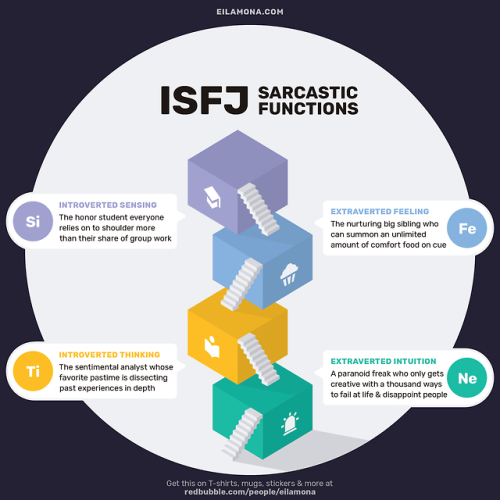 “We notice things others might not notice because they’re talking and processing out loud,” she says. Although it may look like they’re just sitting quietly during a meeting, introverts are actually soaking in the information that’s being presented and thinking critically.
“We notice things others might not notice because they’re talking and processing out loud,” she says. Although it may look like they’re just sitting quietly during a meeting, introverts are actually soaking in the information that’s being presented and thinking critically.
The typical introvert also uses his or her observant nature to read the room. They’re more likely to notice people’s body language and facial expressions, which makes them better at interpersonal communication, according to Kahnweiler.
Introverts are especially skilled at noticing introvert qualities in others, Kahnweiler says. They can tell when a person is thinking, processing and observing, and then give them the space to do so, which makes people feel much more comfortable, according to Kahnweiler. “They allow time to really connect with people,” she says.
They make quality friendsSince introverts can feel their energy being drained by being around other people — as opposed to extroverts, who gain energy from being with others— introverts choose their friends wisely. They would rather have a few close, trusted friendships to invest their time and energy in, as opposed to a large network of acquaintances, according to Buelow.
They would rather have a few close, trusted friendships to invest their time and energy in, as opposed to a large network of acquaintances, according to Buelow.
“Introverts are pretty picky about who we bring into our lives,” Buelow says. “It requires some energy, and if you do come into our inner circle, that means a lot.”
This quality causes introverts to be loyal, attentive and committed friends, says Buelow.
They make loving romantic partnersIntroverts crave personal space to reflect and refuel, and they can sense when their partners need space, too. “Because we have this need for our own privacy, we give that to others as well,” says Buelow. “We won’t be super clingy or high maintenance in relationships.”
And the same qualities that make introverts great listeners also make them great partners, according to Kahnweiler. At the end of a long day, they’re there to listen and support their partner without feeling compelled to talk about themselves.
Introverts also like to get to know someone before sharing intimate details with a prospective partner, and it can make them appear more appealing in the early stages of relationships.
“There can be something attractive about the mystery factor of introverts,” says Helgoe. “That can inspire curiosity and wanting to know the person better.”
They’re thoughtful networkersBeing in a large group where the goal is to meet, talk and make a good first impression can be overwhelming for many — especially for introverts. But Buelow says they can use their natural strengths to create meaningful connections. Extroverts may approach networking events with the goal of talking to as many people as possible, but often, those quick conversations don’t leave lasting impacts, says Buelow.
But Buelow says the strength in networking is not necessarily in numbers. Introverts, she says, should focus on learning about people they meet — even if they only connect with a handful of people.
“I try to make meaningful connections with a couple of people that I can follow up with in some way,” says Buelow. After an event, she’ll send links to articles or speeches that made her think of the person she spoke to. This type of active listening and follow-up can be a lot more beneficial than simply handing out 50 business cards, she says.
They’re compassionate leadersHelgoe says introverts can make the best leaders — when they channel their natural strengths. For starters, they don’t feel the need to step into the spotlight and take all of the credit for group successes; rather, they are likely to highlight the strengths of their teams, according to Helgoe.
“An extroverted leader may be noticeable, but you may see the leader before you see the team,” Helgoe says. And employees who feel recognized tend to be more motivated, she says.
And since introverts process information more slowly and thoughtfully than their extroverted counterparts, introverted leaders tend to learn more about their subordinates, according to Kahnweiler. They have focused conversations with their team members in order to learn their skills, passions and strengths, according to Kahnweiler. Once they gather all of this information, they can use what they’ve learned to help each team member be more efficient and happier at work.
They have focused conversations with their team members in order to learn their skills, passions and strengths, according to Kahnweiler. Once they gather all of this information, they can use what they’ve learned to help each team member be more efficient and happier at work.
“People will talk about their favorite managers and they’ll say, ‘They were with me,’” Kahnweiler says. “‘Even if there were more pressing things, I felt like I had their attention. I had their ear.’”
Contact us at [email protected].
is it so bad to sit at home and not talk to anyone
At school, children are taught to do tasks in a group, at the university they have to speak and interact with people a lot, and team skills are highly valued at work. For extroverts, all this is completely normal, while for introverts it is stress and an extra reason for alarm. However, according to Susan Cain, author of Introverts. How to use the features of your character”, every third person you know is an introvert.
 In theory, this should tell us that striving for solitude is completely normal and natural, but for some reason society does not think so. We collected the main conclusions from the speech of Susan Cain, in which she talks about the advantages of introverts and why you should not be ashamed of your unwillingness to be a super communicative person. nine0003
In theory, this should tell us that striving for solitude is completely normal and natural, but for some reason society does not think so. We collected the main conclusions from the speech of Susan Cain, in which she talks about the advantages of introverts and why you should not be ashamed of your unwillingness to be a super communicative person. nine0003 Prejudice against introverts is deeply ingrained in our society: a child who prefers to play alone is sometimes judged by peers, and adults push him to be more social. As a result, from an early age we are forced to play by the rules of the world around us, which, oddly enough, is tailored more for extroverts: what are some universities with a large crowd of people or work offices with the open space format worth?0008 .
On the one hand, communication skills are certainly very important throughout life and are worth acquiring if only for the sake of not being left with nothing; on the other hand, is it worth overcoming yourself every time, renouncing the lifestyle that is close to you in order to gain more contacts, become the soul of absolutely any company, or choose noisy parties instead of a calm, quiet dinner with friends? Not really. By acting in a way that is not natural for us, we risk forgetting who we really are and building our lives around activities and people that are completely not close to us. However, introverts, even if mechanically, still often continue to leave their comfort zone where it is not necessary to do this, but all because of certain stereotypes. nine0009
By acting in a way that is not natural for us, we risk forgetting who we really are and building our lives around activities and people that are completely not close to us. However, introverts, even if mechanically, still often continue to leave their comfort zone where it is not necessary to do this, but all because of certain stereotypes. nine0009
What's wrong with introverts
The first reason people don't understand how introverts survive is that we don't fully understand how introversion actually works. Some mistakenly believe that it is no different from shyness, although these two traits reflect fundamentally different states of the human psyche. Shyness is the fear of social judgment, while introversion is how we respond to cues from our environment, including interacting with people. Back at 19In the 1920s, Carl Jung said that an introvert is a person who draws energy from within himself, and not from interacting with others. He also said that in fact there are no pure introverts and extroverts, otherwise they would have gone crazy a long time ago, so there is still such a thing as ambiversion, something between extraversion and introversion. But, one way or another, many of us, albeit to varying degrees, belong to one of two types.
But, one way or another, many of us, albeit to varying degrees, belong to one of two types.
Extroverts need a lot of stimuli to feel good, while introverts, on the contrary, are more comfortable being alone
The study also showed that, for example, in the process of communication, as well as in moments of winning, extroverts produce more of the hormone dopamine than introverts. At the same time, the desire to limit contacts does not mean that the introvert will refuse to be part of the team or will not want to do his job, rather, on the contrary: he will approach more responsibly what is entrusted to him, pay attention to important details and complete the task better than the extrovert, which is often (but by no means always) sprayed into several cases at the same time. nine0009
The second reason why introverts are misunderstood and sometimes even condemned is the belief that creativity and productivity are only possible when jobs are tightly clustered.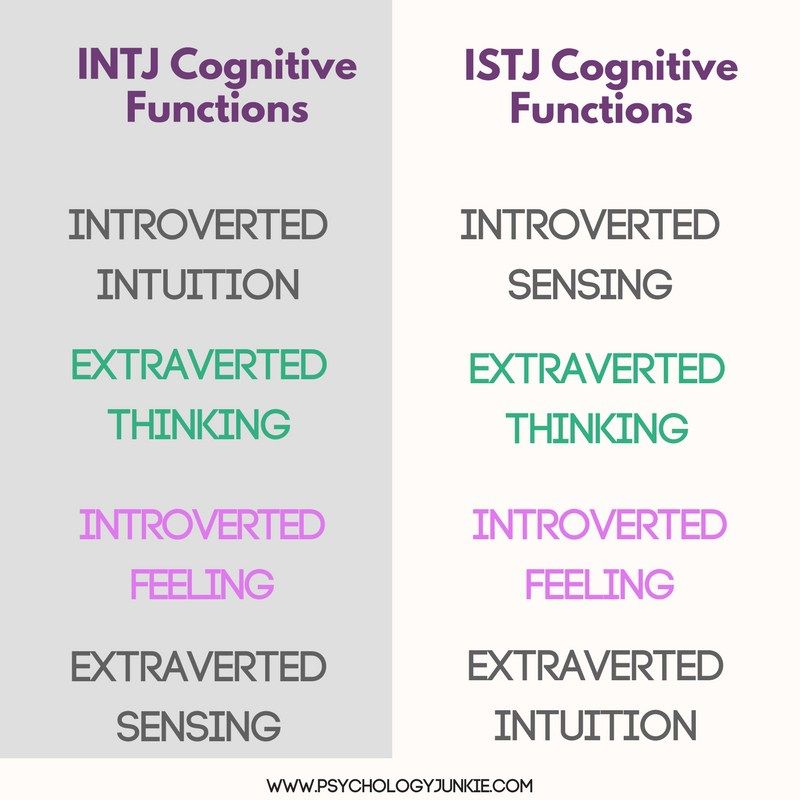 Accordingly, people who find it easier to find solutions and offer ideas when they are calm and alone are perceived as outcasts, and introverted children also become difficult to educate, although they simply do not want to work in a group.
Accordingly, people who find it easier to find solutions and offer ideas when they are calm and alone are perceived as outcasts, and introverted children also become difficult to educate, although they simply do not want to work in a group.
Many teachers describe the ideal student as an extrovert, which is ironic since introverts tend to be more well-read and get better grades. One study confirmed that the prefrontal cortex of introverts is thicker than that of extroverts, indicating depth of thought and a tendency to plan. nine0009
According to Susan Cain, introverts also rarely become leaders, which is not good, because due to the desire to plan work and life in general, they are less impulsive, and therefore not prone to thoughtless risk taking and making emotional decisions. A study by Professor Adam Grant of the Wharton Business School showed that introverts can be good leaders for active and independent workers who do not need to be inspired or motivated to take initiative. An introvert leader can listen carefully and delegate complex interesting tasks to other employees, while an extrovert is more likely to “suffocate” with his presence, activity and unintentional inspiration with his own ideas. nine0009
Or are they okay?
The fact that introverts make up 30-50% of the population already suggests that being less social than other people is not at all ashamed, because it does not affect whether you will be successful in your career or personal life. Mark Zuckerberg, Abraham Lincoln, Warren Buffett and many other world famous personalities positioned themselves as introverts, and Bill Gates once said in one of his public speeches: "If you are smart, you can find advantages in your introversion." nine0008
Charles Darwin spent a lot of time alone in the woods and refused dinner parties with enviable regularity, and Theodor Geisel, known as Dr. Seuss, a children's book author and cartoonist, invented many of his characters while sitting in the backyard of his house in California.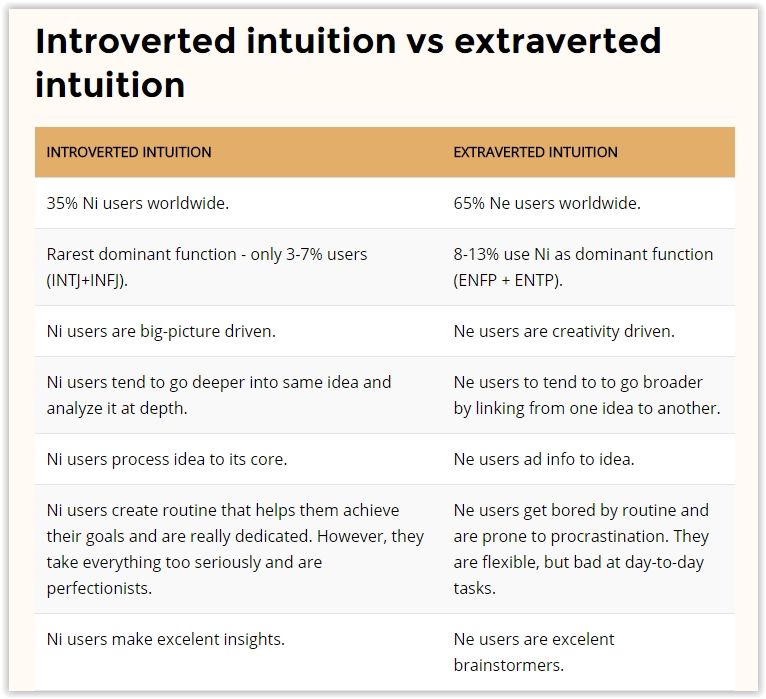 He also avoided meeting children who read his books, because he was afraid that he would not live up to their expectations and would turn out to be too ordinary, reserved person for them.
He also avoided meeting children who read his books, because he was afraid that he would not live up to their expectations and would turn out to be too ordinary, reserved person for them.
Edition The Hustle interviewed introverts in leadership positions and here is how these people describe their introversion:
"An introvert is someone who prefers isolation... Someone who isn't necessarily asocial, but someone who excels at internal work processes" - David Acosta, co-founder of Rebel PR
"I feel refreshed and rejuvenated when I can spend time in silence on a regular basis" - Dan Purcell, co-founder of Ever in Touch
"Being an introvert doesn't mean you're a loser or socially awkward person, it just means you need to be alone when others want to be with people." - Kevin Pasko, co-founder of Nested Naturals
In other words, introversion is not a signal that a person lacks social skills; it is likely that he has them in abundance, but he simply does not want to interact with others as often as extroverts do. Of course, you need to cooperate, otherwise the union of introvert Steve Wozniak and extrovert Steve Jobs would not have arisen, but being alone is very valuable in itself, and for some it is also vital. nine0009
Of course, you need to cooperate, otherwise the union of introvert Steve Wozniak and extrovert Steve Jobs would not have arisen, but being alone is very valuable in itself, and for some it is also vital. nine0009
3 tips for introverts and more
Stop forcing group work on people
Effective work can only be achieved by creating an easy and relaxed communication style for each employee. Meeting and sharing ideas, solutions is good for both extroverts and introverts, but by putting too much emphasis on working together, we forget to pay due attention to personal life, freedom and independence. Similarly in schools, we must teach children to communicate and solve problems together, but in the same way we must teach them to think for themselves. nine0009
Be alone with nature
Of course, you don't need to renounce social life and start building yourself a hut in the depths of the forest, but it won't be superfluous to periodically disconnect from the outside world in order to be alone with yourself, your feelings and thoughts. Introverts, who are forced to be more social, need this as much as extroverts: it can be beneficial for any person to pay attention exclusively to themselves and understand what is going on in their own head. nine0009
Introverts, who are forced to be more social, need this as much as extroverts: it can be beneficial for any person to pay attention exclusively to themselves and understand what is going on in their own head. nine0009
Don't forget to open up to the world
As a rule, others more or less understand what an extrovert is thinking, dreaming about and striving for, but an introvert lives a completely different life, and often people do not know what is happening to him. Although at this moment an introvert can come up with a completely brilliant idea that will change the world or at least make it easier to work in your company. Therefore, periodically, not necessarily on an ongoing basis, share with people what you like, your decisions and suggestions - because the world needs both the activity of extroverts and the thoughtfulness of introverts equally. nine0009
Is it easy to be an introvert | Forbes.ru
A business person needs to be easy-going, make decisions quickly and be able to maintain a bunch of both work and informal contacts.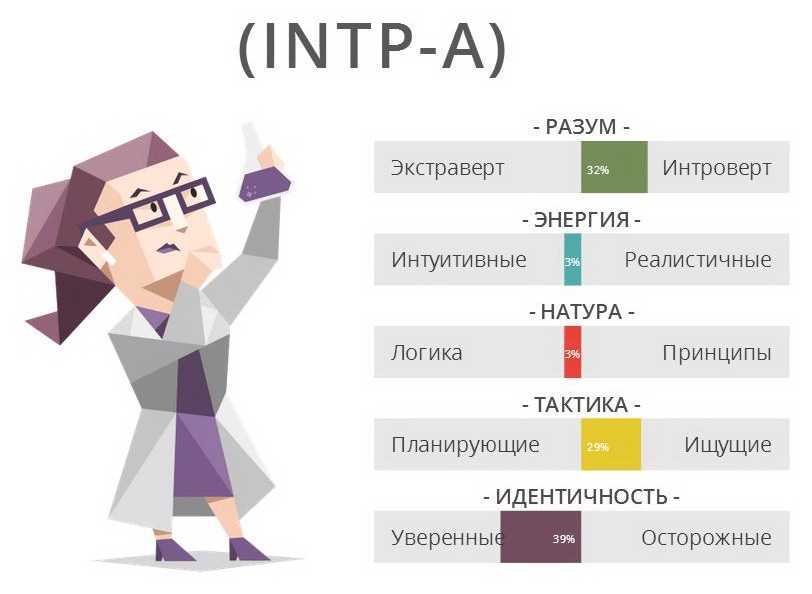 In other words, to play by the rules, comfortable and understandable to extroverts. How can introverted people succeed in this situation? Play to your strengths and never change your nature.
In other words, to play by the rules, comfortable and understandable to extroverts. How can introverted people succeed in this situation? Play to your strengths and never change your nature.
Pauses for loneliness
One of the most common myths about introverts is that they are naturally shy people. Introversion, meanwhile, does not at all imply isolation or discomfort in communication. Bernardo J. Carducci, professor of psychology and director of the Institute for Shyness Research at Indiana University, believes that shy people seek out contact but have difficulty communicating. Introverts, on the other hand, consciously spend more time alone. They are by no means averse to social activity, they are simply suppressed by its overabundance. “I’m not a shy person at all,” says Tatyana Patochnikova, founder and owner of the Sisters Grimm restaurant, who considers herself an introvert. nine0009
She has structured her work schedule so that she spends two-thirds of her time alone, and she is sure that this helps to easily cope with the "spectacular" component of work in the restaurant.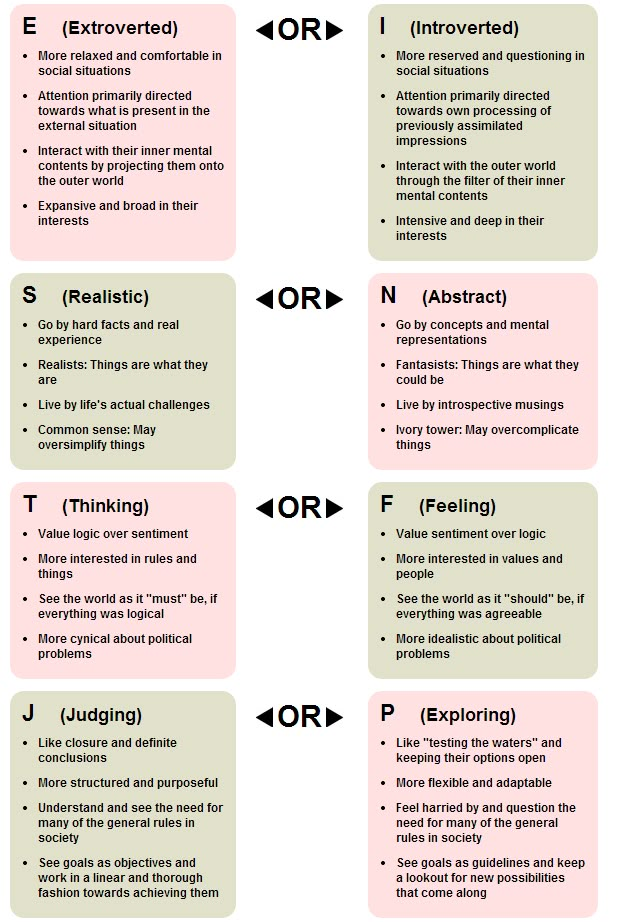 “What the visitor sees when he crosses the threshold is an action on the verge of the theatre. I am like a director who sometimes allows himself a short role: I myself teach classes at our culinary school. But I don't go to the forefront to feel like a star - my presence is necessary so that the product reflects all the nuances of our place. After all, even the most experienced chef is unlikely to convey information to the audience in the way that I, the hostess, will do, ”says Tatyana. nine0087
“What the visitor sees when he crosses the threshold is an action on the verge of the theatre. I am like a director who sometimes allows himself a short role: I myself teach classes at our culinary school. But I don't go to the forefront to feel like a star - my presence is necessary so that the product reflects all the nuances of our place. After all, even the most experienced chef is unlikely to convey information to the audience in the way that I, the hostess, will do, ”says Tatyana. nine0087
Find shelter
However, introverted people successfully realize themselves, including taking public positions. Beth Wheatley, PR director of the leading American conservation organization The Nature Conservancy, admits to being an introvert in all questionnaires and claims that she chose her job out of love for nature. “It is important for me to think through and find my niche where I could hide in this, without any doubt, an extroverted world,” she says.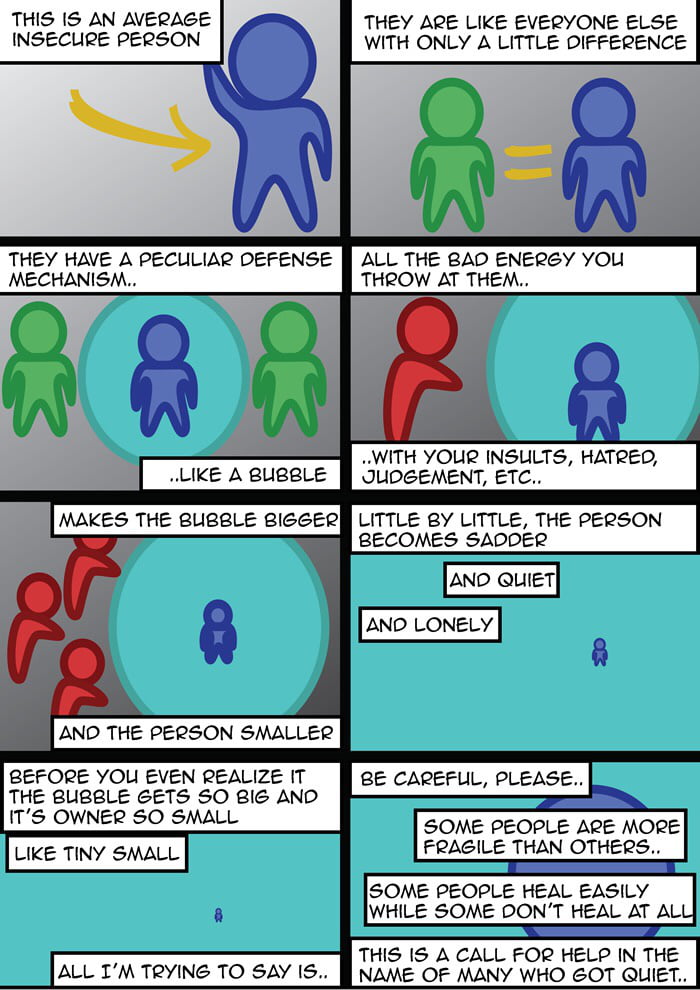 Beth, for example, runs daily mainly to be able to think and plan her day. She prefers individual conversations with people to general meetings and tries not to take part in informal meetings of employees or partners after the end of the working day. “My rule is to create a “radar curtain” around me,” admits Beth. - At a business meeting, I get up or sit down near the wall and mentally create an invisible barrier around me. That way I can avoid the “shelling” and think about the next step.” nine0087
Beth, for example, runs daily mainly to be able to think and plan her day. She prefers individual conversations with people to general meetings and tries not to take part in informal meetings of employees or partners after the end of the working day. “My rule is to create a “radar curtain” around me,” admits Beth. - At a business meeting, I get up or sit down near the wall and mentally create an invisible barrier around me. That way I can avoid the “shelling” and think about the next step.” nine0087
Own rules
Olga Voronkovich, the owner of the Liviana Conti showroom, believes that many of her clients do not even suspect that she is an introvert: “I seem to them a sociable and lively person, but the thing is, that I myself control the share of active communication, she says. - I not only offer things and act as a stylist, but also turn into a psychologist, adviser, attentive listener. This way of communicating face to face is close and comfortable to me.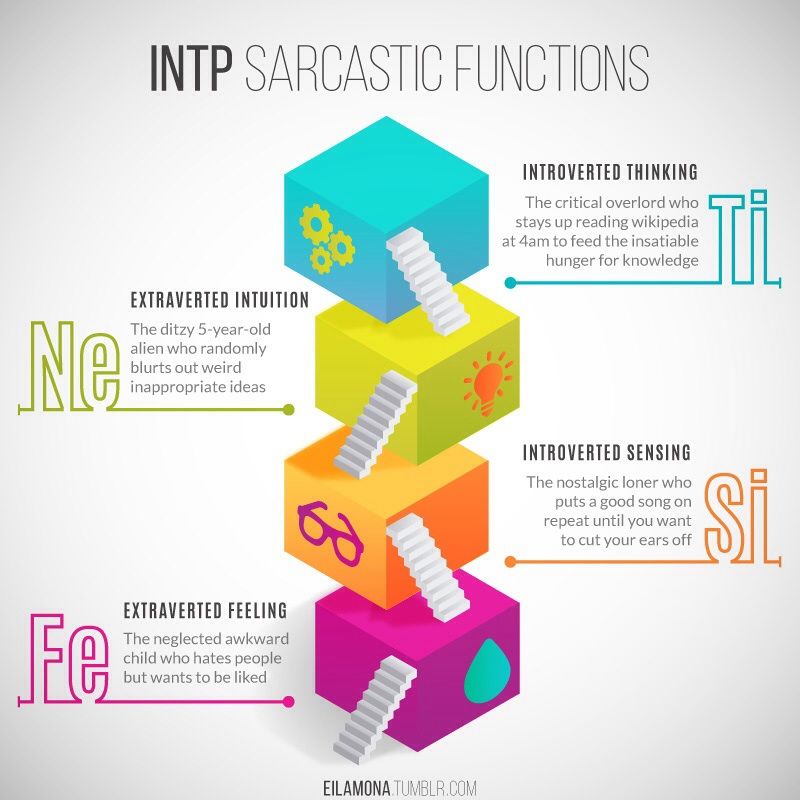 And clients appreciate it.” Olga says that from childhood she was aware of herself as an introvert - in kindergarten and pioneer camps she suffered from the need to be in sight all the time, to join in joint games. After graduating from the institute, Voronkovich worked in a large foreign trade organization. But as soon as the opportunity arose, she opened her first business with her sister: she sold British business clothes, the fashion shows of which were innovatively staged in clients' offices. “I immediately felt that I should go on an independent path,” Olga admits. “And I’m glad that I saved myself from numerous formal contacts vertically and horizontally, the need to be constantly in sight, all that is inevitable in a large corporation where you don’t determine the rules of the game.” nine0087
And clients appreciate it.” Olga says that from childhood she was aware of herself as an introvert - in kindergarten and pioneer camps she suffered from the need to be in sight all the time, to join in joint games. After graduating from the institute, Voronkovich worked in a large foreign trade organization. But as soon as the opportunity arose, she opened her first business with her sister: she sold British business clothes, the fashion shows of which were innovatively staged in clients' offices. “I immediately felt that I should go on an independent path,” Olga admits. “And I’m glad that I saved myself from numerous formal contacts vertically and horizontally, the need to be constantly in sight, all that is inevitable in a large corporation where you don’t determine the rules of the game.” nine0087
Way of Communication
Nancy Enkowitz, bestselling author of Self-Promotion for Introverts and renowned business communications instructor, was formerly a CMO for a Wall Street company. “Working meetings followed one after another, many of them lasted several hours in a row,” she recalls. “The usual practice was to shout louder, you had to verbally “work with your elbows” to convey your idea to others.” One day, all the employees of the department where Nancy worked were offered to take the MBTI test (Myers-Briggs Type Indicator, an indicator of psychological types). “One look at his results was enough for me to understand the reasons for my constant stress,” says Enkowitz. nine0009
“Working meetings followed one after another, many of them lasted several hours in a row,” she recalls. “The usual practice was to shout louder, you had to verbally “work with your elbows” to convey your idea to others.” One day, all the employees of the department where Nancy worked were offered to take the MBTI test (Myers-Briggs Type Indicator, an indicator of psychological types). “One look at his results was enough for me to understand the reasons for my constant stress,” says Enkowitz. nine0009
Nancy admits that she had to do a lot of inner work to get rid of her guilt towards others for her lack of external activity, which some read as indifference. “For starters, I cut back on the number of meetings I attended,” she says. - And on those where she was present, she spoke at the very end of the meeting. She did not try to shout down anyone, on the contrary, she spoke somewhat quieter than the others. This unwittingly pushed the other members to listen to me more carefully. ” She marked interesting speakers for herself, so that later she would contact the speaker by e-mail - short negotiations in writing are much more effective for her. nine0087
” She marked interesting speakers for herself, so that later she would contact the speaker by e-mail - short negotiations in writing are much more effective for her. nine0087
Cardinal differences
It would be wrong to reduce introversion to mere fatigue from an excessive amount of external connections. The system of internal values of psychological antipodes also differs. An introvert does not strive for a consistently positive emotional upsurge. He seeks meaning rather than pleasure, which makes him rather indifferent to happy experiences and resounding success - the clear goals of extroverts. A series of studies from Boston College (UK) devoted to public speaking showed that introverts do not at all want to experience high feelings at the time of the presentation. As psychologist Maya Tamir notes, “they preferred to remain in a calm emotional state.” Exciting joyful emotions for introverts, on the contrary, could interfere.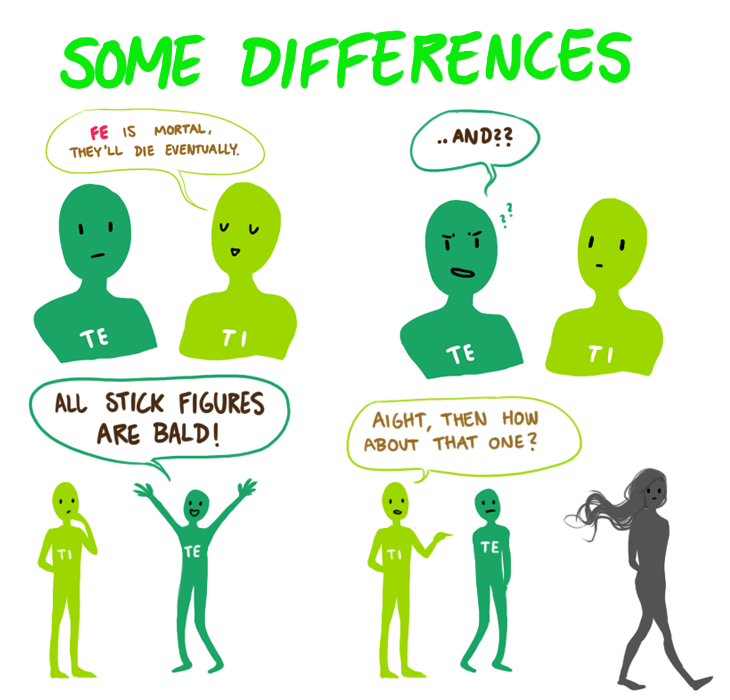 But the extroverts who participated in the study, almost all admitted that they would like to feel “uplift” or “delight” on stage. nine0009
But the extroverts who participated in the study, almost all admitted that they would like to feel “uplift” or “delight” on stage. nine0009
The difference in the behavior of these two psychotypes is also implied by the biological dissimilarity of the work of their brain. Colin De Young, assistant professor of psychology at the University of Minnesota, has done research mapping the electrical activity of the brains of extroverts and introverts. It turned out that there is no excitation of the cerebral cortex at rest and when performing intellectual tasks. Therefore, they are forced to limit the amount of information and emotions coming from outside in order to maintain an optimal level of brain excitation. Extroverts, on the contrary, need additional stimulation from external stimuli in order for brain impulses to reach the desired intensity. De Young also points to differences in the brain response of these psychotypes to rewards and positive emotions, which is controlled by the neurotransmitter dopamine.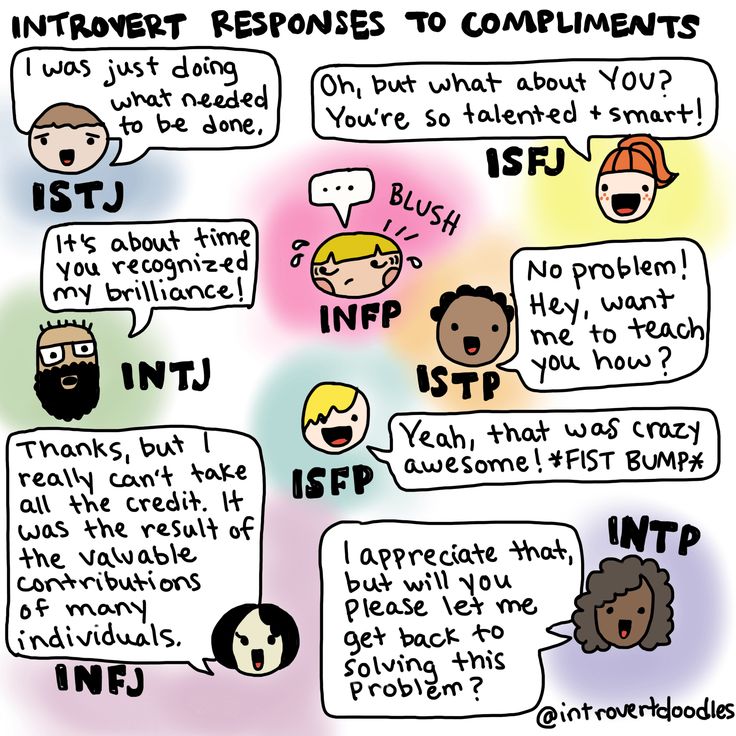 For introverts, the desire to get the approval of others manifests itself in a much more subdued form - they regard bright positive emotions as distractions and cope well with obstacles themselves in the course of solving various problems. nine0009
For introverts, the desire to get the approval of others manifests itself in a much more subdued form - they regard bright positive emotions as distractions and cope well with obstacles themselves in the course of solving various problems. nine0009
Stanford biopsychologist Brian W Haas, measuring the reaction time of the brains of introverts and extroverts to determine the color of the letters used to print emotionally charged words, found that introverts were completely focused on the main problem posed to them - color, and the meaning of the words was neglected. Haas concludes: "Introverts do not need additional emotional "feeding" from the outside and clearly segregate important and secondary tasks."
At the same time, it is interesting that representatives of both psychotypes, being in the company of people, experience the same emotional upsurge. Only on introverts, it does not affect in the best way.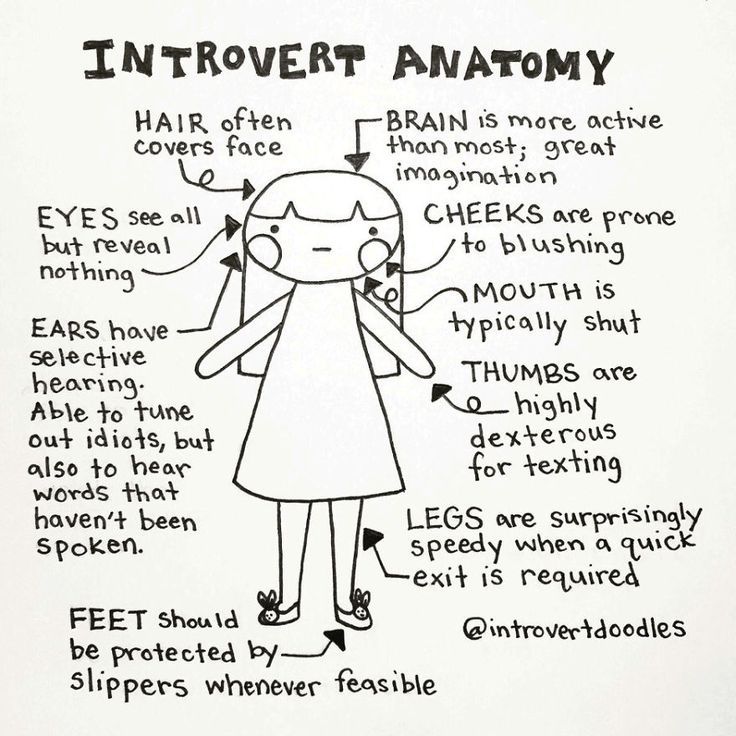 Studies show that those who "overdid" active communication, when further tested for solving intellectual problems, showed worse results compared to those who behaved in a natural, "introverted" way. nine0009
Studies show that those who "overdid" active communication, when further tested for solving intellectual problems, showed worse results compared to those who behaved in a natural, "introverted" way. nine0009
“Loneliness literally allows introverts to hear their thoughts,” comments Maria Lekareva-Bozenenkova, Gestalt therapist, executive director of the Moscow Institute of Gestalt and Psychodrama. “This is how they comprehend themselves, unlike extroverts, who find their “I” by communicating with the outside world, through socially active roles.”
How to communicate with an introvert
Tatyana Patochnikova believes that for the success of a business, especially at the startup stage, it is important that next to an extroverted person who can inspire the team, attract investments, audience, attention, someone who thinks through how to save and fix it. "It's more of an introverted task," she says. nine0009
"It's more of an introverted task," she says. nine0009
However, as Nancy Enkowitz writes in her book, talking between an introvert and an extrovert often leads to misunderstandings. And business negotiations are no exception. Sometimes an introvert finds it difficult to keep track of several lines of conversation and at the same time put his own thoughts in order, so he prefers not to talk much.
An introvert seeks to limit the continuous flow of information, "fencing off" from the interlocutor with nods and smiles. And that one gets the impression that his listener does not have his own opinion. An introvert, as a rule, ponders for a long time an insignificant question or a joke that the interlocutor throws at him. And he, having not received a “batted ball”, jumps to the next topic. The interlocutor does not stop, information that requires tracking, sorting and analysis continues to flow into the introvert's head in a continuous stream, accumulates "at the entrance".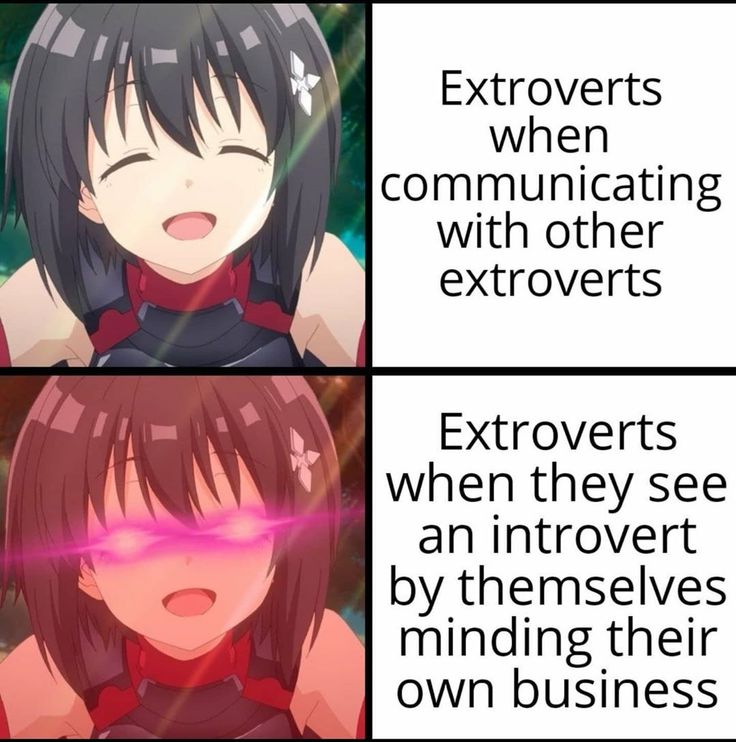 In the end, this entire array of data becomes impossible to process, since the flow of the introvert's internal speech comes into conflict with the course of the external conversation. This begins to cause him irritation and anxiety: he feels that he does not have enough time to fully express his thought. nine0009
In the end, this entire array of data becomes impossible to process, since the flow of the introvert's internal speech comes into conflict with the course of the external conversation. This begins to cause him irritation and anxiety: he feels that he does not have enough time to fully express his thought. nine0009
Psychologist Marty Laney, author of The Invincible Introvert, encourages you to consider these features. And when talking with an introvert, still seek a reaction from him to each of the questions posed. But do not juggle them, but discuss them one by one. The silence of an introvert does not mean at all that he is not in the mood to speak out, he just needs more time to think about his thoughts. If the introverted interlocutor began to speak, listen to him as carefully as possible, avoiding any reciprocal remarks. “And most importantly: despite the temptation, do not try to “win over” the introvert to your side by imposing a more expressive way of expressing yourself,” urges Laney.

